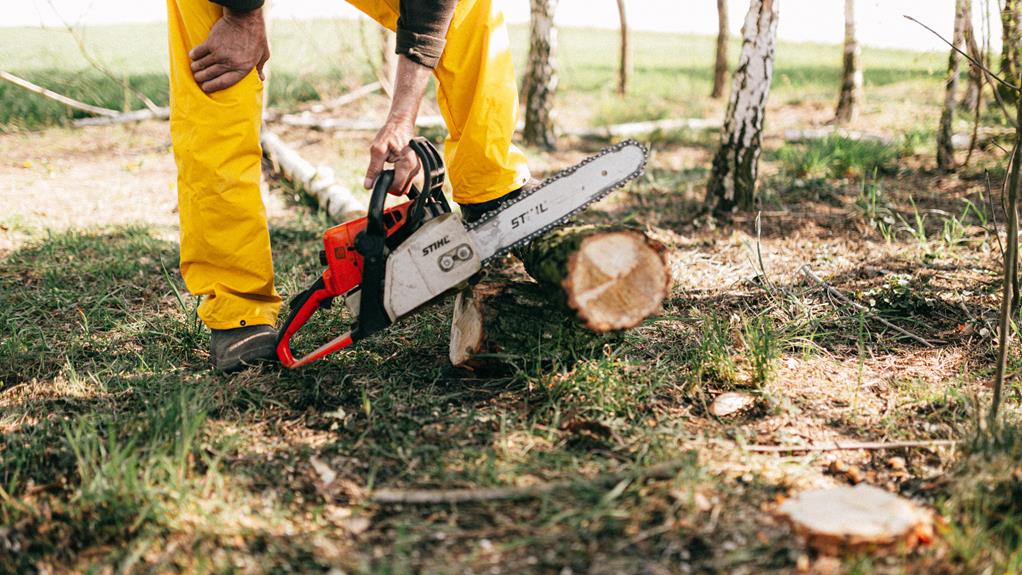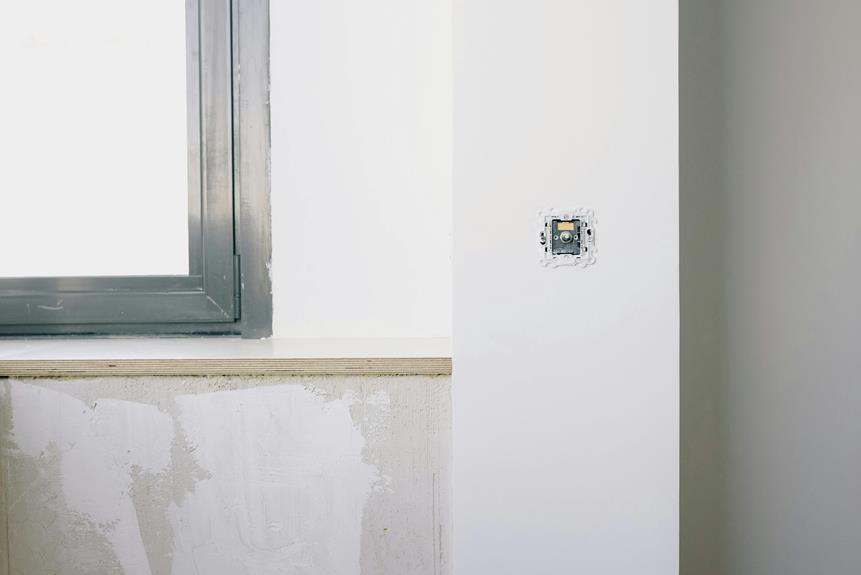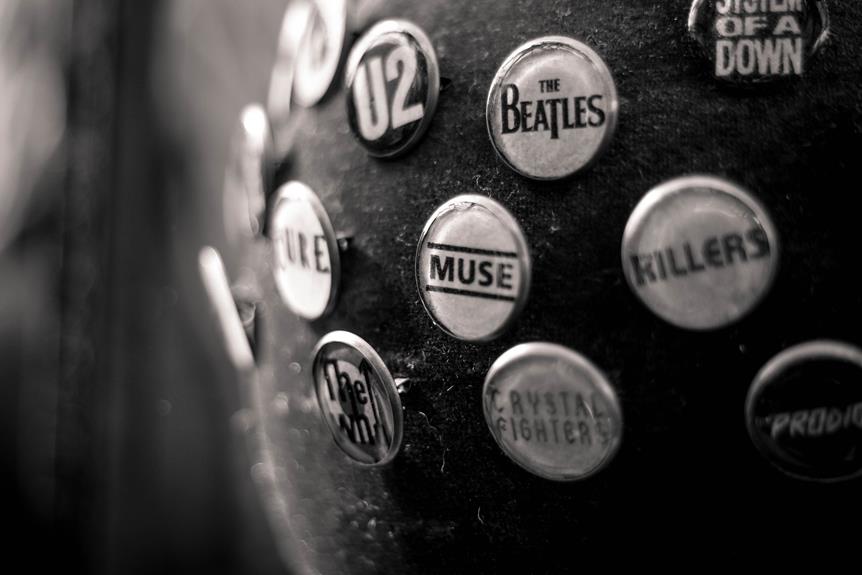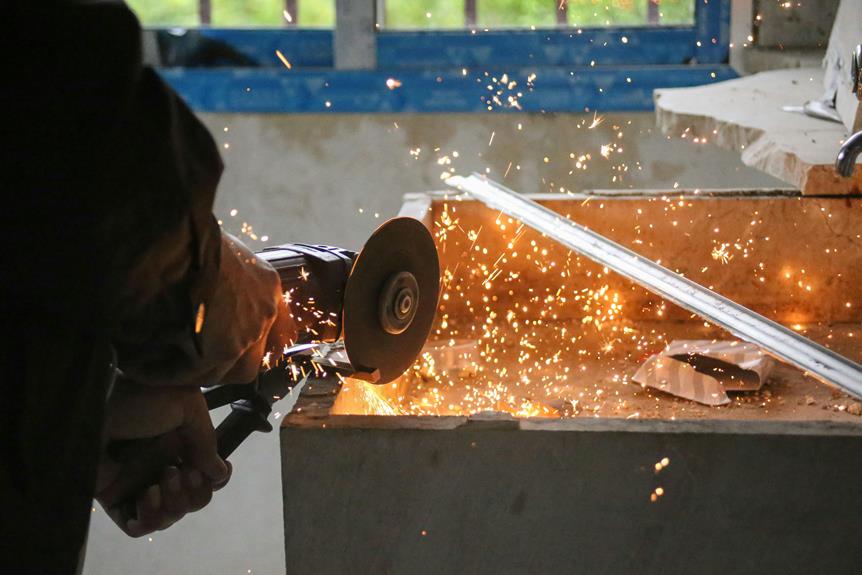The Allure of DIY: The Appeal of Self-Installation
The prospect of replacing your water heater yourself can be enticing. The internet brims with DIY tutorials, promising a sense of accomplishment and the potential for cost savings. However, installing a water heater is not simply a matter of swapping out old for new. It is a complex undertaking fraught with safety hazards and technical challenges. Before embarking on a DIY water heater replacement, it is critical to understand the risks involved and assess your skills and resources objectively.
Safety First: Understanding the Risks Involved
Water heaters deal with three potentially dangerous elements: gas, water, and electricity. A misstep during installation can lead to serious consequences:
-
The Peril of Gas Leaks: Gas water heaters pose a significant risk of carbon monoxide poisoning if gas lines are not connected properly. Carbon monoxide is an odorless, colorless gas that can be fatal at high concentrations. Additionally, improper gas connections can lead to explosions and fire hazards.
-
The Power of Water Pressure: Water heaters contain large quantities of water under pressure. A faulty installation can result in catastrophic leaks, causing extensive water damage to your property and belongings.
-
Electrical Concerns: Both gas and electric water heaters have electrical components. Improper wiring during installation can lead to electrical shock, short circuits, and damage to the water heater itself.
Assessing Your Skills and Resources: Are You Up for the Task?
Before you decide to tackle a DIY water heater replacement, honestly evaluate your skills and resources:
-
Plumbing and Electrical Expertise: Successfully installing a water heater requires a basic understanding of plumbing and electrical systems. You should be comfortable with cutting pipes, making water connections, and wiring electrical components. If these tasks seem daunting, opting for a professional plumber is the safer choice.
-
Tool Inventory: Installing a water heater necessitates a specific set of tools. This might include pipe cutters, wrenches, torpedo levels, and possibly a propane torch (for gas water heaters). Renting these tools can add to the overall cost of the project. Consider whether you already own the necessary equipment or if the rental costs outweigh the potential savings of a DIY installation.
-
Understanding Local Codes: Most municipalities have building codes that dictate water heater installation requirements. These codes address safety issues such as venting requirements and pressure relief valve placement. Failing to comply with local codes can lead to fines and may void your homeowner’s insurance in case of an accident. It is essential to research and understand your local building codes before attempting a DIY installation.
By carefully assessing your skills and resources, you can make an informed decision about whether a DIY water heater replacement is a feasible option for you.
The Advantages of Hiring a Professional: Peace of Mind and Expertise
While the initial cost might seem higher, hiring a licensed plumber offers several advantages:
-
Licensed Expertise: Professional plumbers possess the training and experience necessary to install your water heater safely and up-to-code. They understand the specific requirements for both gas and electric water heaters and can ensure a flawless installation.
-
Warranty Protection: Many water heater manufacturers offer warranties on their products. However, these warranties may be voided if the installation is not performed by a licensed professional. Hiring a plumber ensures your water heater is covered under the manufacturer’s warranty in case of future issues.
-
Time-Saving Efficiency: Replacing a water heater can be a time-consuming process, especially for someone without prior plumbing experience. Professional plumbers can complete the installation quickly and efficiently, minimizing disruption to your hot water supply.
Hiring a licensed plumber provides peace of mind knowing the job is done correctly and according to code. This professional approach ensures the safety and longevity of your new water heater.
Conclusion: Making an Informed Decision – DIY or Delegate?
The decision to install your water heater yourself ultimately depends on your comfort level and skillset. Carefully weigh the risks involved against your technical expertise and resource availability. If you have any doubts about your ability to complete the installation safely and up-to-code, opting for a licensed plumber is the wiser choice.



























0